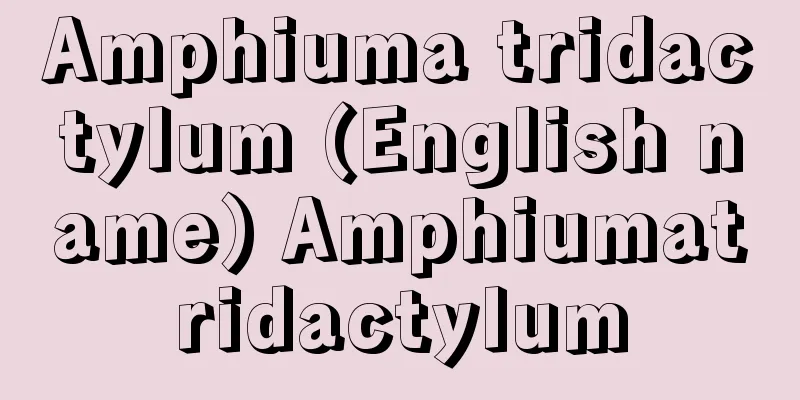Cabaletta (English spelling)

|
A musical term. Originally it referred to a short aria with a lively, uniform rhythm and repeated parts, but later it came to refer to a flashy final part, such as an aria at the end of a performance. Examples of the latter are found in many of Verdi's compositions. Source: Encyclopaedia Britannica Concise Encyclopedia About Encyclopaedia Britannica Concise Encyclopedia Information |
|
音楽用語。本来は,いきいきとした一様なリズムと,反復される部分をもつ短いアリアをさしたが,のちに幕切れのアリアなどの最後のはなやかな部分をさすようになった。後者の例は,ベルディに多い。
出典 ブリタニカ国際大百科事典 小項目事典ブリタニカ国際大百科事典 小項目事典について 情報 |
Recommend
Cuban Missile Crisis
This incident occurred in October 1962 when the S...
Terashima Touemon
Year of birth: Year of birth and death unknown. A ...
Lardner, D.
...In addition, with regard to public transportat...
Amomum xanthioides (English name) Amomum xanthioides
…【Hoshikawa Kiyochika】. … *Some of the terminolog...
Ichirodayu Inoue - Ichirodayu Inoue
?-? A Joruri narrator from the early Edo period. ...
Heavenly Emperor
[1] [noun] The god who presides over the heavens. ...
Priest Ishibuchi
...A monk from the Nara to Heian period. Also rea...
Mattauch, JHE
...To improve on this point, FW Aston invented a ...
Kidokoro - Kidokoro
…The Rokkoku are the names of the countries or po...
Donation Service - Donation Service
…These are bills used by the general public durin...
Simplified characters - Kankaji
…In China, it refers to Chinese characters that h...
Blue Mink
...The flowers are tubular and lack petals, but t...
The House of Life
…In 1869, he exhumed the manuscripts of poems bur...
Village-kun
It refers to a leader in fishing in a fishing vil...
Philosophy of History - Rekishi shite tugaku (English spelling) philosophy of history English
It is a philosophical consideration of history, a...









